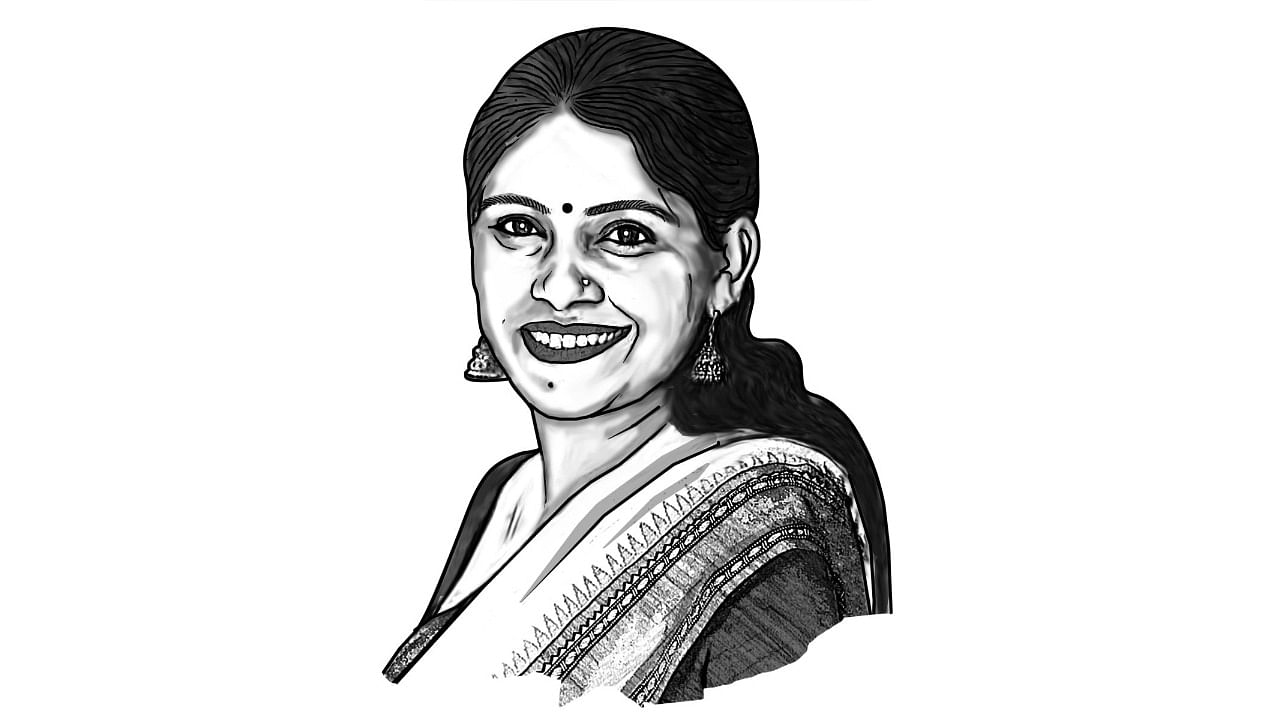
It was 6 years and 4 months since Karthik had seen his only child – how much his 11-year-old Amol had grown!
He took him first to the mall to get him the latest mobile phone, loaded with the best of game apps. Then the dad-son took a cab to the ice cream joint; maybe Amol would like that blue splash he had read about in an ad, is a favourite with kids? The boy settled for the chocolate flavour, fiddling with the new phone while Karthik watched him keenly. Did his son resemble him? Or had he taken more after his ex-wife, Amol’s mother? He felt a gush of love and longing for this young man who sat before him, looking dreamily out of the window. “Did you like the ice cream?”
“Yeah”, the boy replied, “Will you drop me home now?” The two drove back quietly, and when home came, the father looked at Amol fondly, “Was the outing good?”
Yes, the child said, “But don’t come. I don’t want to meet you again.”
Lakhs of people like Karthik, even mothers, are grappling with the troubles of co-parenting their children after they have moved on or divorced from their partners. Co-parenting, the dictionary defines, as shared duties of bringing up a child, used in the context of parents who are separated or divorced.
In the real world though, it is easier to share a forward on social media than to fairly share time and affections of the child who the two people brought into this world together. After the marriage itself is declared null and void comes a separate legal process to file for who gets to keep the child, and which parent gets to only ‘visit’ her. This matter of custody often becomes a tedious process, and more commonly now, a battleground.
A court order is one thing, the actual implementation is another. The non-custodial parent (the one who passes or loses the custody of the child to the other) gets to come, pick up, take and spend time with the child on certain days of the week, or a certain number of days during the school vacations or special occasions. Trouble begins when the mother or father find out that the child isn’t being allowed to -- or says she herself doesn’t want to -- see the parent anymore.
It was this moment that Kashmir-born Chennai resident Gazal Raina took at least three years to cope with after her divorce; to first not be granted custody of her son, and then to not have any access to him, felt like a fatal blow. But after coaxing by friends and counselling, Gazal was ready to channel that devastating feeling into forming Milaap, which today supports 180 parents who have lost custody of -- or complete communication with -- their children, post-divorce. There may be thousands, especially men, who face this grief and rage yet do not take help as this is seen as ‘ghar ka maamla’, says Gazal.
Sure, there are cases where a child may have to be kept away from a separated parent, especially if she or he is violent, sexually abusive, mentally unstable. But the trauma that, say, a ‘normal’ father faces when he is blocked off from his son or daughter, or finds that the mother is poisoning the child’s mind against him – is that of wilful parental alienation. In the 1980s, American psychologists Judith Wallerstein and Joan Kelly, in their book Surviving the Breakup, first spoke of “self-absorbed parents and vulnerable older children who wage a battle together to hurt the other parent.”
Whatever the jargon, the simple truth is, children who deserve the love of both parents are instead caught in their crossfire, which hurts their own growth into adulthood. Given the surge in divorce cases in India, this has dangerous implications.
Co-parenting is the way forward – a conscious decision by each parent to not badmouth the other, or use the child as a revenge tool to get at each other.
Gazal quotes what she once heard film director Meghna Gulzar say. The only daughter of separated parents -- iconic poet Gulzar and actor Rakhee -- said she never felt torn between two houses, and that it was like moving from one room to another. Even a divorce can be roomy; the partners apart in their views but with either, the child feels equally at home.
Check out latest DH videos here